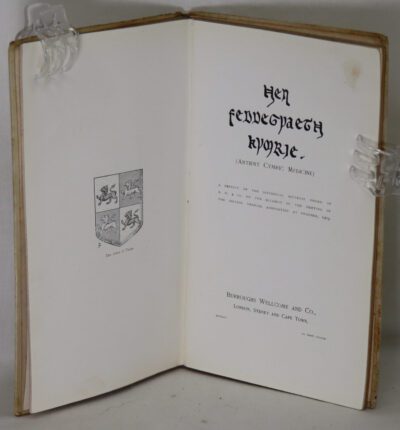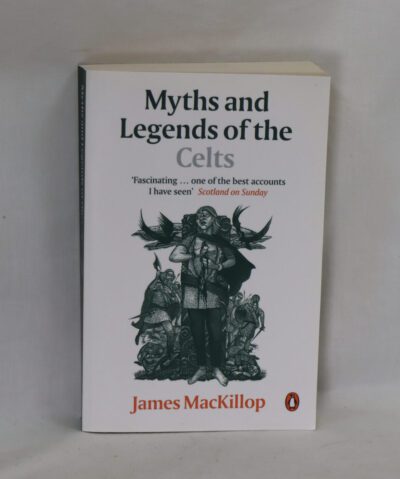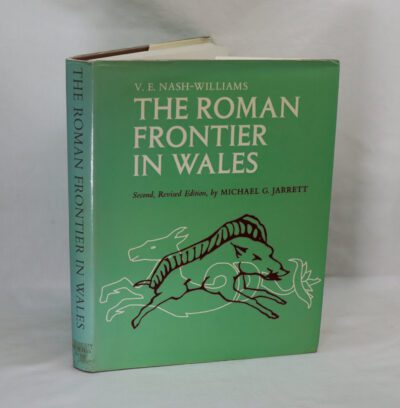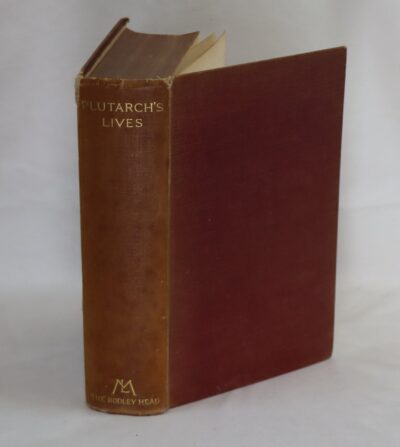Owain Glyndwr.
By Terry Breverton
ISBN: 9781445608761
Printed: 2013
Publisher: Amberley Publishing. Stroud
| Dimensions | 13 × 20 × 1.5 cm |
|---|---|
| Language |
Language: English
Size (cminches): 13 x 20 x 1.5
Condition: As new (See explanation of ratings)
Your items
Item information
Description
Softback. Yellow cover with red title and image of Prince of Wales.
F.B.A. provides an in-depth photographic presentation of this item to stimulate your feeling and touch. More traditional book descriptions are immediately available.
If it had not been for Owain Glyndwr’s 15-year struggle against overwhelming odds, the Welsh would not have survived as Europe’s oldest nation. His war is the defining era in the history of Wales. Yet Glyndwr is hardly known – a cultured, literate warrior who was never betrayed or captured and vanished into history. No less than six separate invasions were beaten back by Glyndwr’s army of volunteers before he disappeared, his family and children either dead or imprisoned for life. Not for Glyndwr the brutal public death of Braveheart, nor a grave to desecrate – only an immortal legacy of hope and freedom. His war of independence led the way for the success of another mab darogan (son of prophecy) seven decades later, when a Welsh army won at Bosworth Field and the Tudor dynasty was founded. This book tells us how Glyndwr came to stir Wales into war, and why his name still resonates today as one of the greatest warriors the world has ever seen.
Review: I consider myself English but spent much of childhood growing up in West Wales. Attending Welsh state schools 1966 to 1974. We were taught very little Welsh history, back then. I have therefore used this book to flesh out my knowledge of Welsh history. The author is correct, that the Norman/English treated the Welsh people badly. A few more pictures, diagrams and maps would have been helpful – but nevertheless – AN EXCELLENT BOOK.
Owain ap Gruffydd (c. 1354 – c. 1415), commonly known as Owain Glyndŵr or Glyn Dŵr anglicised as Owen Glendower), was a Welsh leader, soldier and military commander who led a 15 year long Welsh War of Independence with the aim of ending English rule in Wales during the Late Middle Ages. He was also an educated lawyer, he formed the first Welsh Parliament (Welsh: Senedd Cymru) and was the last native-born Welshman to hold the title Prince of Wales.
The rebellion began in 1400, when Owain Glyndŵr, a descendent of several Welsh royal dynasties, claimed his ancestral title of Prince of Wales, following a dispute with a neighbouring English lord. In 1404, after a series of successful castle sieges and several battlefield victories against the English, Owain gained control of the country and was officially crowned Prince of Wales in the presence of French, Spanish, Scottish and Breton envoys. He summoned a national parliament, where he announced plans to reintroduce the traditional Welsh laws of Hywel Dda, establish an independent Welsh church, and build two universities. Owain also formed an alliance with King Charles VI of France, and in 1405 a French army landed in Wales to support the rebellion.
Under Owain Glyndŵr’s leadership, an internationally recognized independent Welsh state was briefly established in 1404, it lasted for 5 years until February 1409, when the English forces had captured Owain’s last remaining strongholds of Aberystwyth Castle and Harlech Castle, which effectively ended Owain’s territorial rule in Wales. Glyndŵr ignored two offers of a pardon from the new King Henry V and refused to surrender, he retreated to the Welsh hills and mountains with his remaining forces, from where they continued to resist English rule utilising guerilla tactics for several more years until Owain disappeared in 1415, when he was recorded to have died of natural causes by one of his supporters, Adam of Usk.
The English named Glyndŵr a rebel, yet the Welsh created him a folk hero. As well as becoming a national hero, Glyndŵr has since been anointed as a legend in Welsh folklore. Despite the large bounty placed on him by the English crown, Glyndŵr was never betrayed or captured, and he acquired a mythical status along the likes of Cadwaladr, Cynon ap Clydno and King Arthur as a folk hero awaiting the call to return and liberate his people, “Y Mab Darogan” (The Foretold Son). Additionally, Glyndŵr became a famous character in a play created by William Shakespeare, spelt in the work as “Owen Glendower”; Glyndŵr appears as a king in Shakespeare’s play Henry IV, Part 1.
Want to know more about this item?
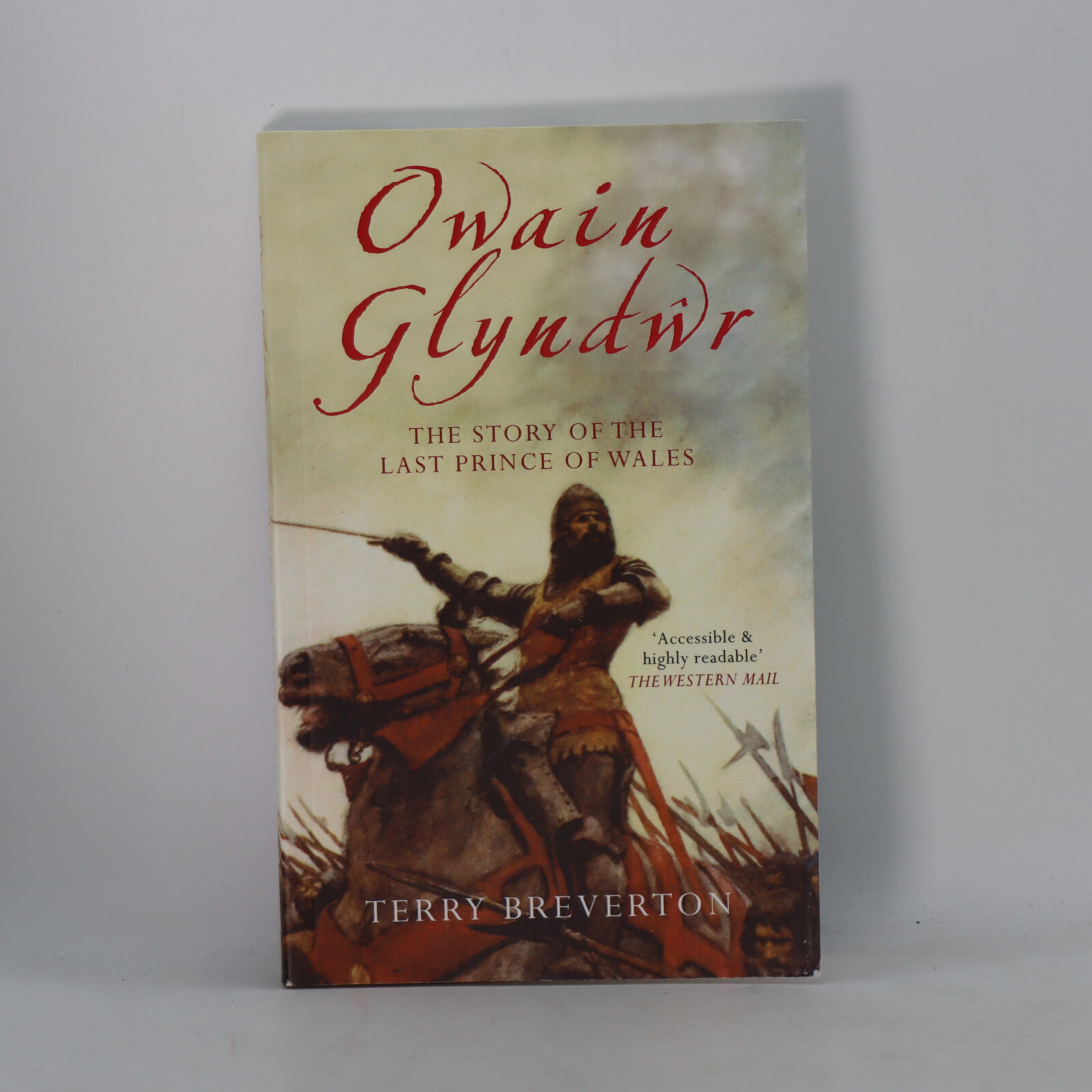
Share this Page with a friend


